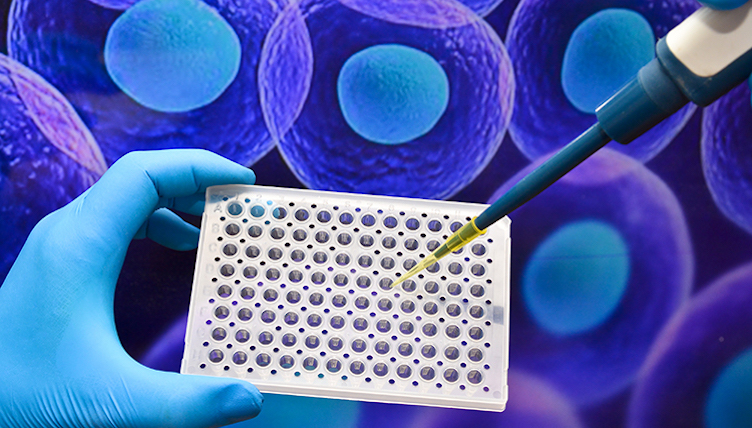Relevance of Biologics in Clinical Therapies
Biologics are large, genetically-engineered molecules that have revolutionized the pharmaceutical industry and disease treatment. Despite their many successes, different factors can affect the effectiveness of biologics when they are employed in different therapies. It is difficult to produce these molecules on a large scale. Utilizing various techniques, researchers can measure the structural stability of a biologic to ensure its maximum effectiveness within a particular disease treatment.
What Are Biologics?
A biologic medicine, or biologic, is a molecule derived from living cells that is composed of sugars, proteins, and/or nucleic acids. These complex molecules may be used as pharmaceutical drugs for therapy with antibodies, blood components, stem cell therapy, and other treatments. They are extracted from living organisms or systems like bacteria, yeast, or mammalian cells. Some biologics, such as vaccines, monoclonal antibodies, fusion proteins, and hormones, can alternately be produced by recombinant DNA, hybridoma and other technologies.
A medicine known as a biosimilar is a synthesized copy that is developed from an existing, licensed or approved biologic product used to treat a disease. Biosimilars maintain similar quality, safety, and efficacy of marketed biologic medicines.
Unlike conventional medicines, which are called “small molecules”, biologic drugs are larger and more structurally complex molecules. Due to their wide use in the treatment of a vast number of oncological, cardiological, rheumatological, and neurological diseases, the study and application of biologics has become the fastest growing sector in the pharmaceutical industry. This has caused drug safety to become a main concern worldwide, with each individual country having a particular set of regulations for biologic and biosimilar products.
The Importance of Stability in Biologics
The manufacturing process for biologics contains incritacies that make the final product very sensitive to changes in production conditions. These sensitivities can impact the quality, activity, efficacy, safety, and immunogenicity of the molecule.
Stability measurement technology that relies on the chemical or protein denaturation temperature is the preferred tool used by the pharmaceutical industry to test the structural stability of biosimilars. Chemical and thermal denaturation studies used to characterize unfolding are critical when predicting stability, developability, and longer-term storage of biologics. These techniques help to improve structural stability and prevent protein aggregation.
Without rigorous clinical testing, the production of intended copies or biomimics, which do not meet safety requirements or provide adequate comparable efficacy to the licensed biosimilar products is on the rise. This means that there are often drugs on the market that may be unsafe for consumption and that represent a big risk to people who take them.
The lack of information about the safety of intended copies are often responsible for the concerning number of deaths due to adverse drug reactions (ADRs). In the USA, ADRs are estimated to result in between 76,000 and 137,000 deaths every year.
Luckily, single-use technology has improved the efficiency of biologics manufacturing processes. A single-use system is comprised of single-use components as the main apparatus/equipment, helping to prevent cross contamination and other factors that could affect the quality of the final product. Impurities, extractables, leachables, and microbes can also have a negative impact on the performance of the biosimilars. Therefore, it is important to choose the right single-use system to ensure a stable biologic supply.
